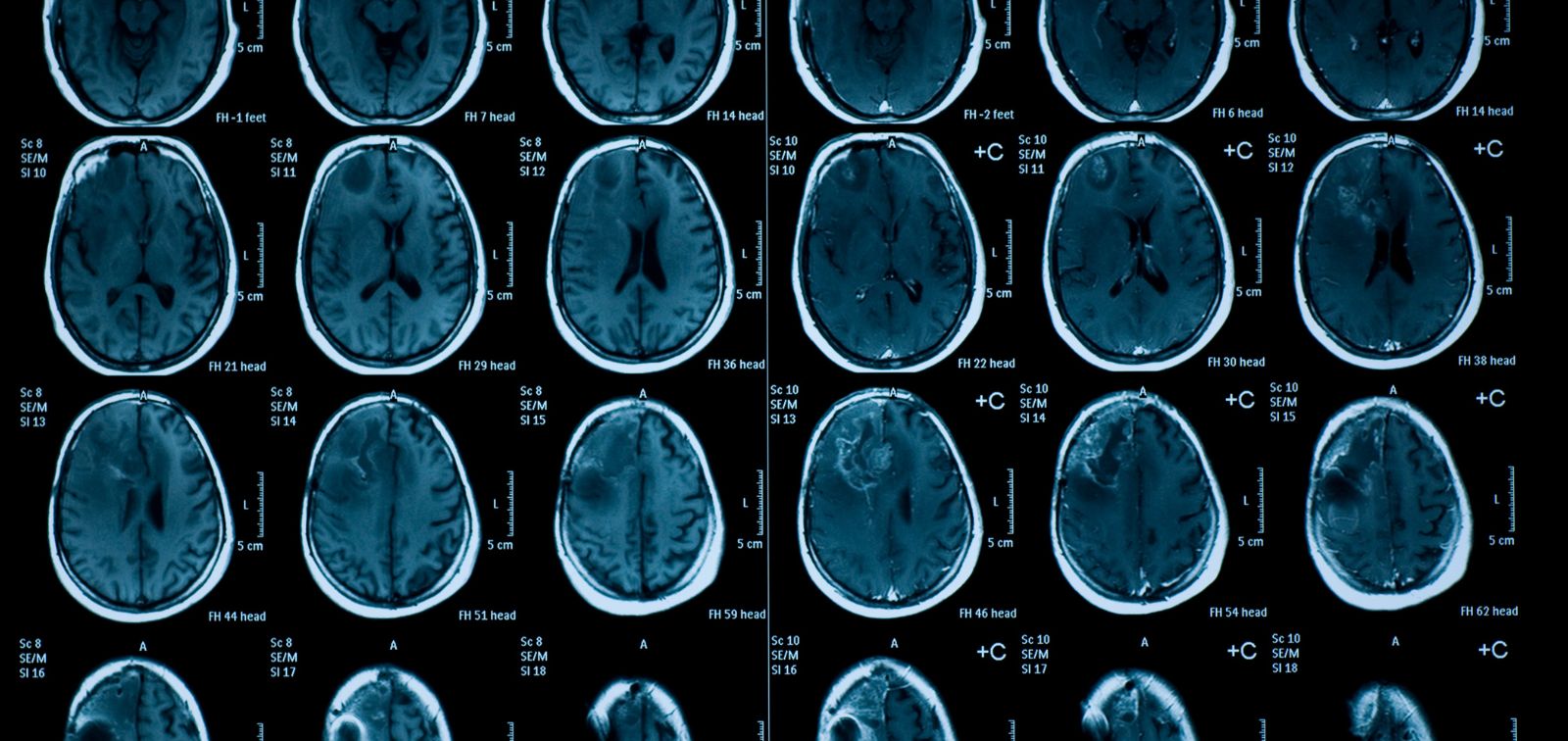
Heatwaves Could Impact Brain Function in Preadolescents, Study Finds
**Research by ISGlobal, supported by the 'la Caixa' Foundation, and partners found that exposure to high ambient temperatures correlates with reduced connectivity in three important brain networks in preadolescents.** Conducted on 2,229 children from the 'Generation R' cohort in the Netherlands, the study analyzed functional connectivity via resting-state MRI, correlating brain activity with temperature data derived from the UrbClim model. **Key findings show reduced connectivity in the medial parietal, salience, and hippocampal networks,** which are crucial for introspection, attention, memory, and learning. Notably, **decreased connectivity was most evident the day before MRI scans and lessened over time.** The study speculates dehydration may explain these effects, emphasizing children's vulnerability to heat. Another significant area of concern is mental health; decreased connectivity in the salience network is associated with anxiety and suicidal ideation. **The findings signal a need for public health policies focused on protecting children from high temperatures, considering their potential impact on cognitive and mental health.**